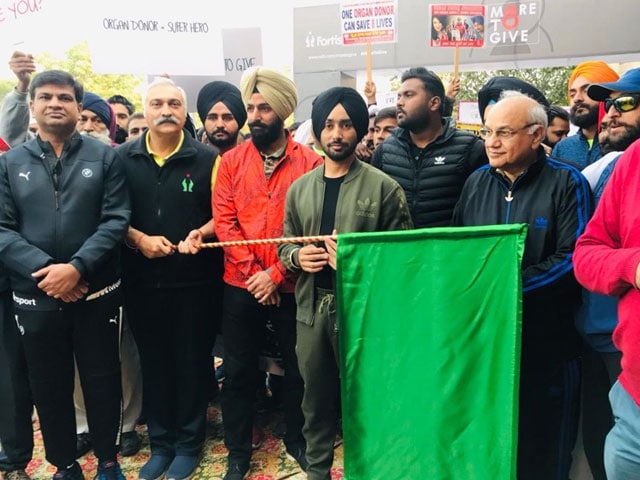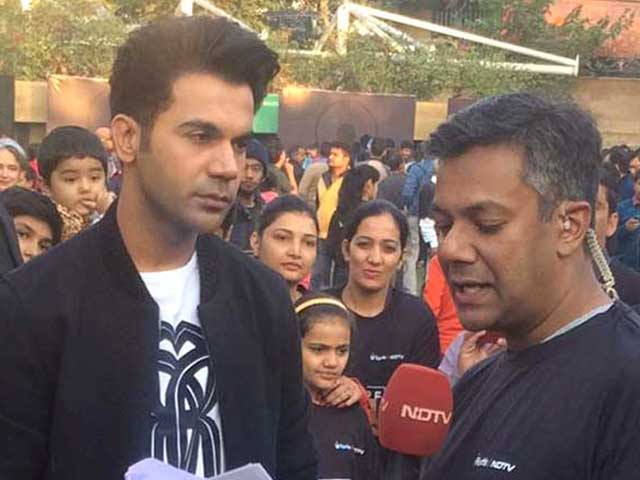Shweta Kadram, a kidney recipient, had gone through numerous years of dialysis which she received twice a week, before she got a new lease of life.
Her past ordeal had made life unbearable. She had become extremely weak, to the extent that she could barely stand or walk. She was advised dietary precautions and was not allowed to drink a lot of fluids. Shweta’s family stood firmly behind her, but that only helped to a certain point. Her life was far from easy or comfortable.
Six months after a transplant, Shweta was diagnosed with Hepatitis B and Jaundice.
Shweta had become an emotional and mental wreck. Her family became more and more stressed with each passing day. Life for them had become a complete nightmare, until a grieving family of another girl decided to donate her organs to Shweta about a year later.
In India, according to Fortis Organ Retrieval and Transplant, nearly 2,20,000 people await kidney transplants each year, while only 15,000 receive a kidney. The reason for this is the acute lack of organ donors. A mere 0.5 persons per million of the population donate their organs in our country, according to ORGAN India.
In Numbers: The Status Of Organ Donation In India
Given the bleak odds, Shweta got lucky. On September 2, 2012, she received a kidney which marked the second innings of her life. Her donor still remains in Shweta’s prayers.
Not only did the donor save Shweta’s life, but also inspire her and her family to support organ donation in an extensive way.
Disclaimer: Our website contains videos and information provided by third parties. These are provided for your information and convenience only and are not an endorsement by NDTV of their content.
All of the videos and information, are provided on an “as is” and “as available” basis and without warranties of any kind, either express or implied.
To the fullest extent permissible pursuant to applicable law, NDTV disclaims all warranties, express or implied, including but not limited to implied warranties of merchantability, fitness for a particular purpose, title, and non-infringement.










